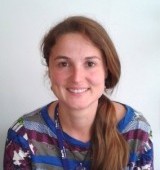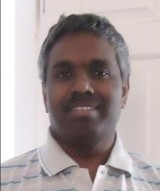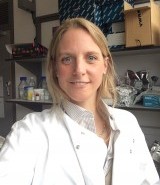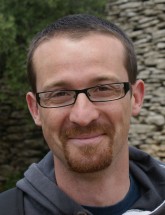
Dr Tanja Crnogorac-Jurcevic
Grant made in 2016 Award RoundDr Crnogorac-Jurcevic is developing a urine test to detect early-stage pancreatic cancer.

All the research we support is funded entirely by public donations. To date, 73 projects have been funded, with a total value of over £15.6 million. These are focused on early diagnosis of pancreatic cancer and the development and monitoring of new treatments.

Dr Crnogorac-Jurcevic is developing a urine test to detect early-stage pancreatic cancer.

Professor Callan's team is investigating whether improving the supply of oxygen to a tumour will enhance the effect of cancer treatment.

Professor Breeze is developing new compounds to block a vicious cycle of signals that occurs in cancer between two proteins called SOS and Ras.

Dr Sanchez is exploring combinations of treatments that will attack the two main energy sources used by pancreatic cancer stem cells.

Professor Kanamarlapudi is testing a new drug compound that works on the surface of pancreatic cancer cells, which means the cells are unable to develop resistance to the drug.

Dr Jorgensen is investigating an enzyme that allows pancreatic cancer cells to hijack surrounding cells to form a protective coating called the stroma.

Dr Froeling's work focuses on profiling pancreatic tumours to look for clues that will help match patients to the most effective epigenetic drugs available.

Dr Costello's team is looking for ways to block a particular protein that pancreatic cancers cells can use to protect themselves against drugs.

Dr Cornelissen is developing ways of using PET imaging to detect early stage pancreatic cancer.

Dr Wang is investigating ways to combine virotherapy approaches with immune system-boosting drugs to kill any remaining pancreatic cancer cells post-surgery.